Migration is very often a difficult experience. Being a girl or a woman can impact the experience of migration in significant ways, from the reason for leaving to the resources they need to access. TSF spoke to a number of women displaced in migrant shelters, who told us about their experiences and how information can help them.
Gender and Migration in Latin America
Women represent around half of migrants worldwide. In Latin America and the Caribbean, mid-year 2020, they made up 49.5% of migrants. More specifically, among the people who answered TSF surveys in migrant shelters across Latin America, 33% were women and girls.
Being a migrant increases the risks of gender-based violence, at all stages of migration, by a variety of actors – from human traffickers, to authorities and other migrants. Gender-based violence can be the reason for leaving, too – like a woman from Honduras told us:
“I come from Honduras. I am here because they wanted to rape my daughter at school, and the people who were going to do it threatened us. I was afraid to stay in my country, for the life of my daughter and mine and that of my family.”
A Honduran woman in a Mexican shelter, 2023.
Humanitarian action has to take into account the challenges, dangers and specific needs women and girls might have.
Being a migrant increases the risks of gender-based violence.
Information for women
For example, in TSF's information distribution project in Latin America, the field team has dedicated sections of the information to women, in particular resources for women who have been or are currently victims of sexual harassment or abuse. It covers organizations to reach out to, support numbers, advice, etc.
Information can help women understand what rights they and their family have:
“The screen here has helped me a lot to see the procedure that you have to follow in the [Mexican Commission for Refugee Aid]. And it helps us a lot with the rights that we and our children have, both in health, study and work, thanks to the [registration] process.”
A Honduran woman in a Mexican shelter, 2023.
TSF's information diffusion project in Latin America includes information sections aimed at women.
“Policies and Practice: A guide to gender-responsive implementation of the global compact for migration” by UN Women warns that “migrant women and girls often lack information about their rights under the law, including where and how to access services, as well as the challenges they may face on their journey and upon arrival.
It is critical that women and girls have easy access to information on their rights as well as all the potential gendered risks, such as trafficking in persons, labor exploitation, unethical recruitment practices and sexual and gender-based violence. Information should be gender-responsive, human rights-based, culturally sensitive and child- and adolescent-friendly, as well as accessible and easy to understand.”
“I am 24 years old. I arrived in Mexico about a month ago, and the screens have been useful to me personally, since I have been informed about information that I didn't know. Sometimes, perhaps out of shame, people don’t ask.”
A Honduran woman in a Mexican shelter, 2023.
See you next week!
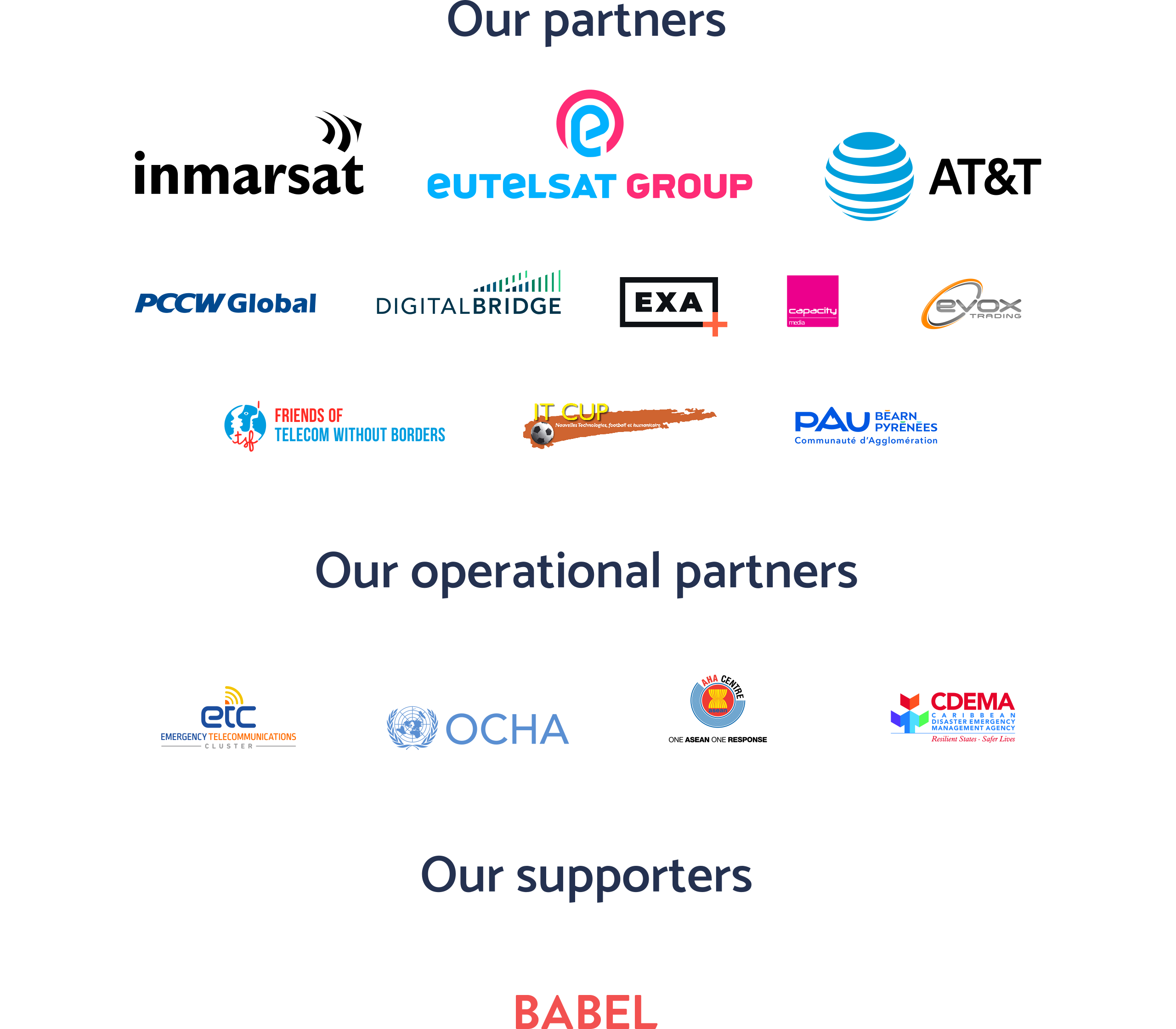


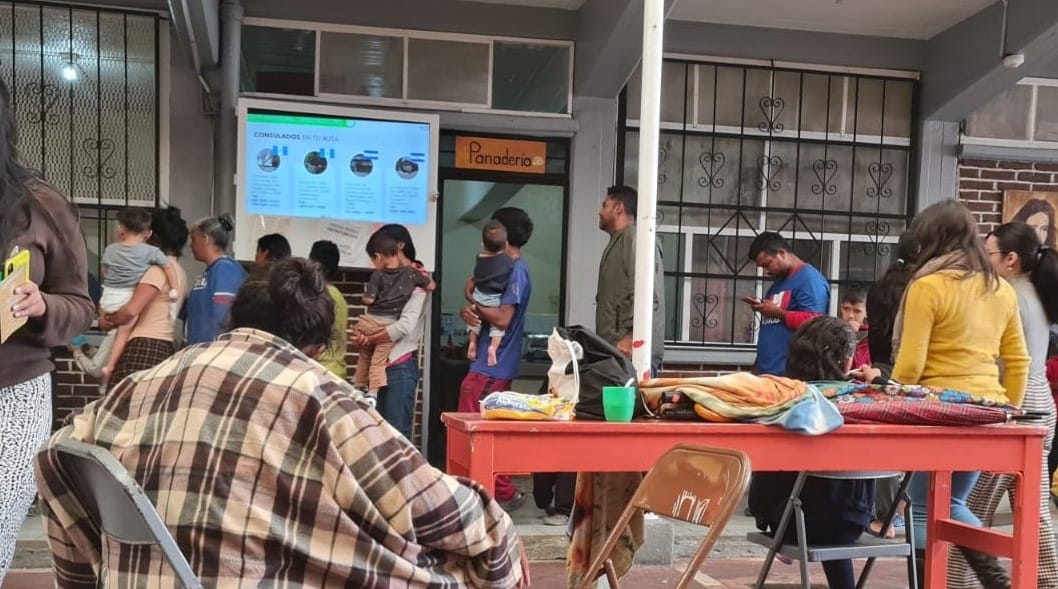



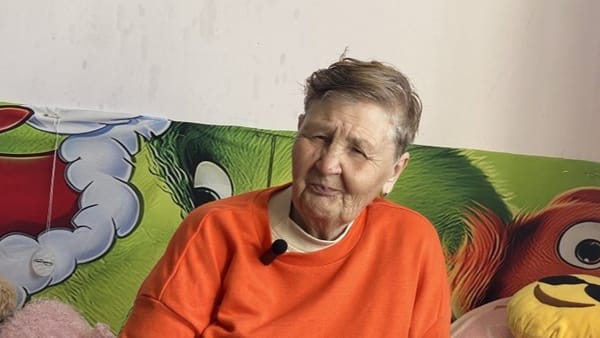
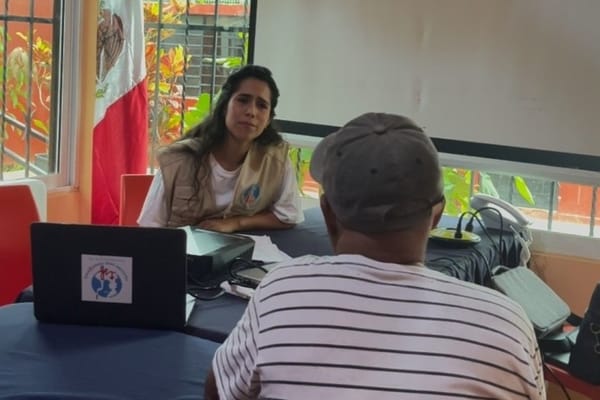

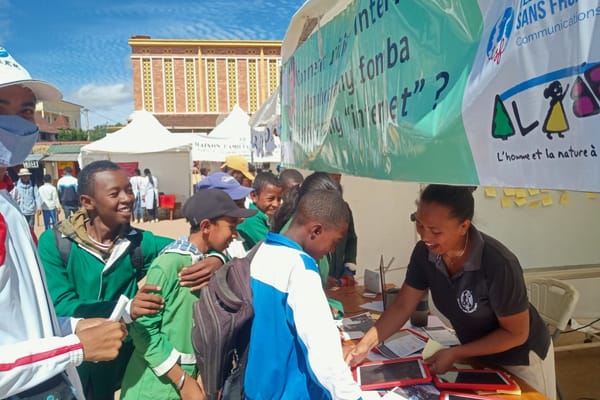
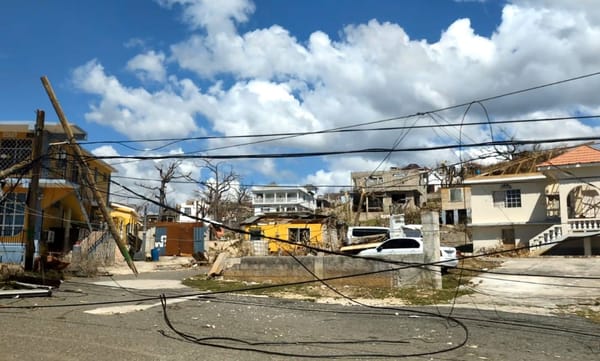
Member discussion